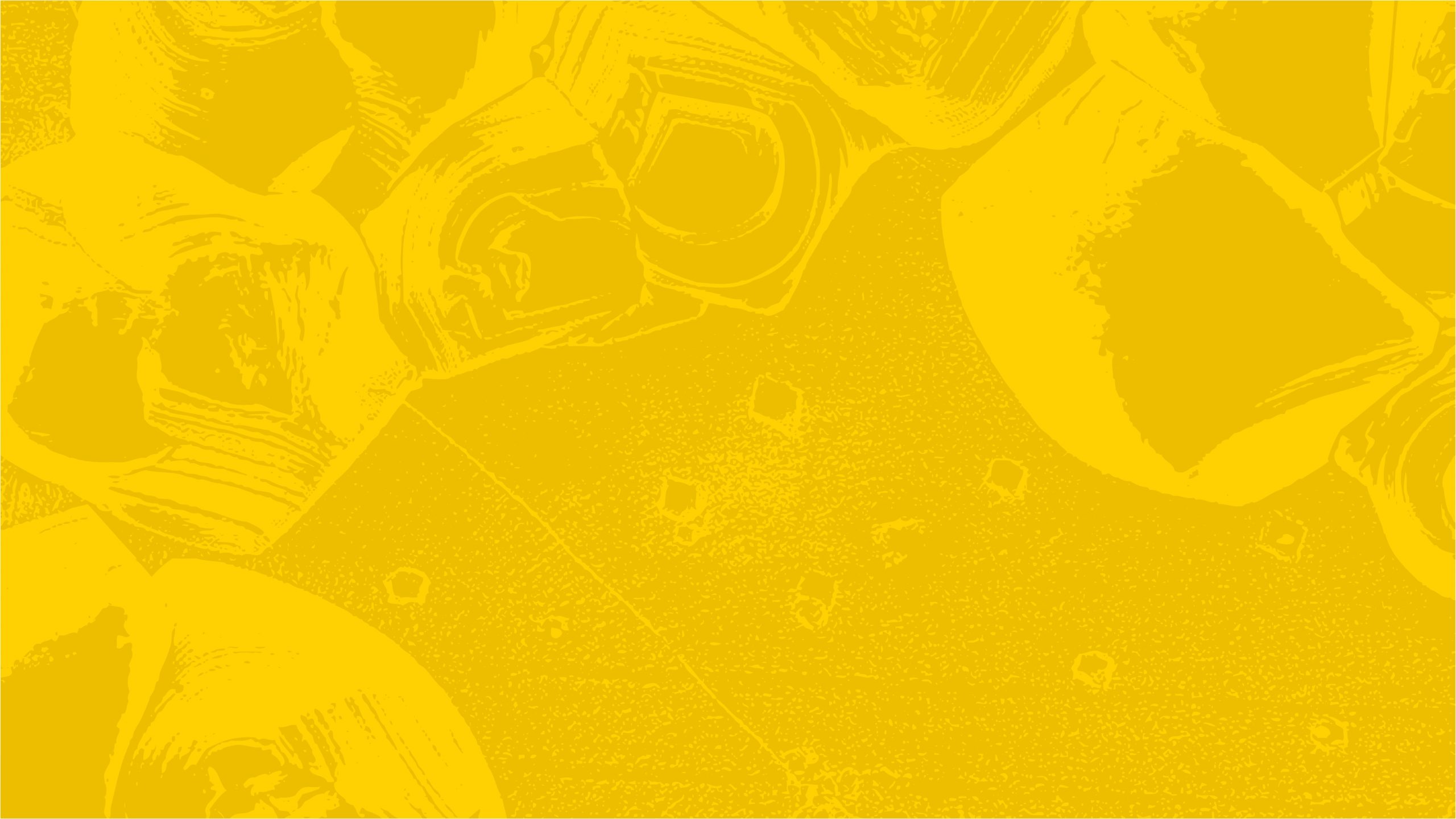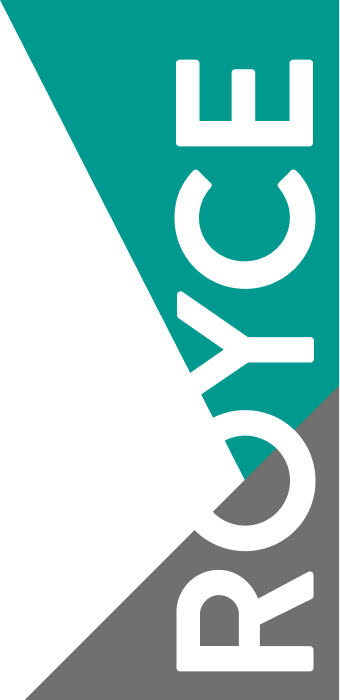Date: 20 February 2025
Format: In-person
Location: Advanced Forming Research Centre, Renfrew, PA4 9LJ
Cost: Free
Overview
This workshop will bring together the residual stress community to explore new advancements in measurement and control methods, drive innovation, and train the next generation of research technical professionals (RTPs). The event also offers the opportunity to observe live demonstrations and network with industry and academic leaders.
The content will cover the key methods of measuring, predicting, and controlling residual stress in manufacturing. Participants will attend four live demonstrations on residual stress measurement techniques: hole-drilling with ESPI, XRD characterisation, ultrasonic measurement, and contour method; and two demonstrations on residual stress control methods: thermal and vibratory stress relieving. Collectively these demonstrations will offer the opportunity to comprehend cutting-edge technologies, the practical approaches to setting up, executing experiments, and capturing data. The workshop will also include presentation on accreditation and standards, and the prediction and modelling of residual stresses.
Participants are encouraged to make the most of the event to ask their own questions and engage in networking with the community. The event is provides an excellent opportunity for RTPs to share their knowledge and experience, learn from experts in the field, enhance their own skills, and connect with industry and academic peers.
Background and motivation
The workshop aims to bring together the residual stress community to advance the understanding and application of measurement, modelling, and control techniques. By facilitating collaboration across industry and academia, the community will foster nationwide partnerships and encourage the sharing of innovative solutions to the common challenges faced in residual stress management. This opportunity provides a unique platform for participants to engage with new technologies, discuss the benefits and challenges of achieving important standards like ISO 17025, and explore the latest advancements in software and tools for residual stress measurement and prediction.
The event, and support through NTPMI, will establish stronger connections within the residual stress community, leading to both immediate and long-term improvements in practices and standards. Additionally, by addressing the current challenges in the field it will generate new ideas and opportunities for collaboration. It is hoped that the community can create a knowledge hub for continued learning and to develop a toolkit that can be shared with participants, ensuring the benefits of the event extend well beyond the workshop itself.
Audience
The workshop is aimed at research technical professionals (RTPs) from all sectors where residual stress management is relevant, with a particular focus on those working in manufacturing. Whether involved in measurement, modelling, or control of residual stresses, this event is ideal for RTPs looking to enhance their expertise, explore the latest advancements, and connect with peers and leaders across industry and academia.
Learning outcomes
After the course participants should be able to:
- Identify the key sources of residual stress during manufacturing processes and their potential impacts on components.
- Choose the most appropriate residual stress measurement method based on the material, geometry, and specific requirements of the task.
- Deploy hands-on experience with various residual stress measurement techniques, including hole-drilling with ESPI, XRD, ultrasonic methods, and the contour method.
- Apply effective stress relief treatments, including thermal and vibratory methods, to mitigate residual stresses in components.
- Assess the relevance and benefits of laboratory accreditation, such as ISO 17025, for ensuring high-quality residual stress evaluations.
Organisers/Speakers/Trainers
- Michael King, AFRC
- Ioannis Violatos, AFRC
- Anna Frovlova, AFRC
- More TBA
February 20 2025



